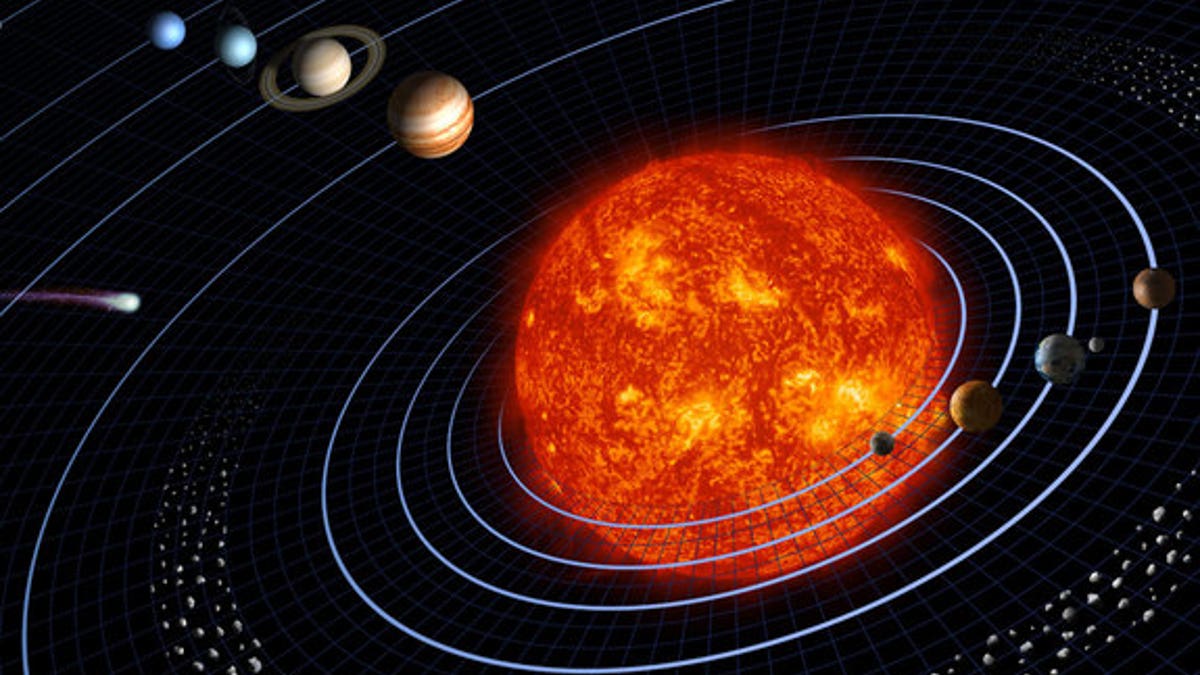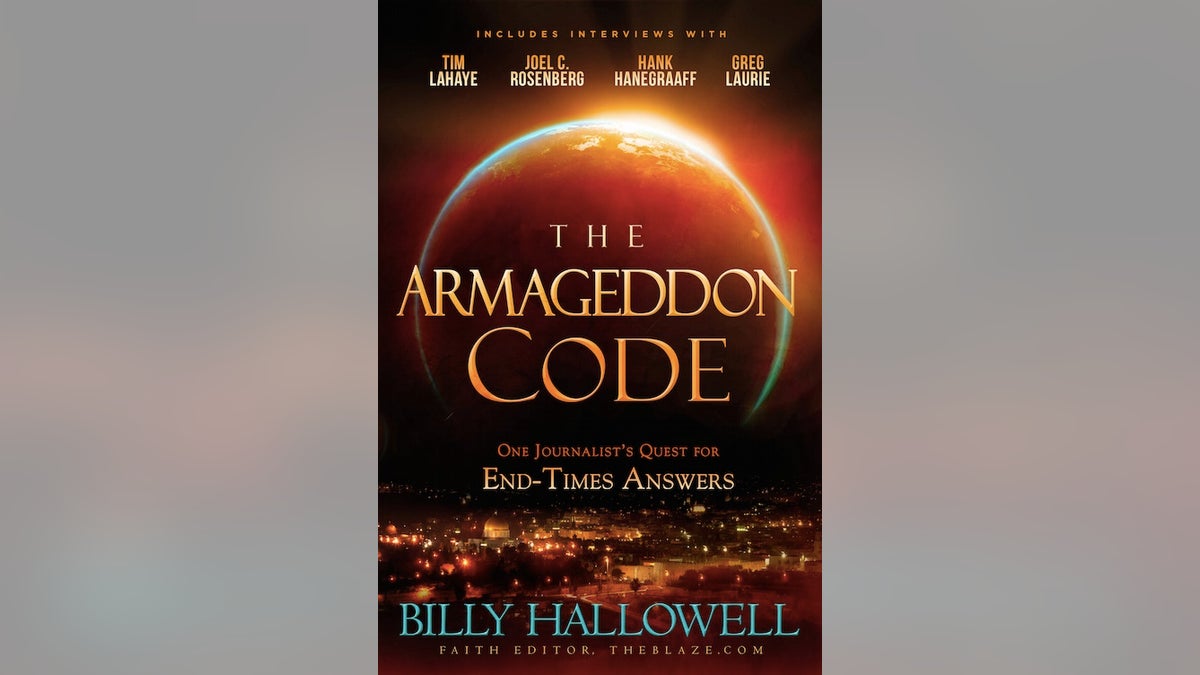
A new simulation suggests our solar system's giant planets, Jupiter and Saturn, could have played an important role in helping life get a foothold on Earth. (NASA/JPL)
The Bible is more than clear in its theological claim that Jesus Christ will return to Earth at an undisclosed, future time. In fact, that belief is a central hallmark of the Christian faith.
And the latter point about the timing is essential to highlight, as scripture makes it clear that no one knows exactly when the so-called “second coming” will unfold. Yet, once again, here we are with some Christians setting a specific date — September 23, 2017 — for the purported fulfillment of certain prophetic signs or events.
It seems bizarre, considering that the Bible repeatedly and clearly speaks to our inability to know exactly when end-times events — and particularly Jesus’ return — will unfold. Matthew 24:36-37 tells us, “But about that day or hour no one knows, not even the angels in heaven, nor the Son, but only the Father. As it was in the days of Noah, so it will be at the coming of the Son of Man” — and Mark 13:32 says the same.
But as I noted in my book “The Armageddon Code: One Journalist's Quest for End-Times Answers,” time and again throughout history people have sought to ignore these verses and predict exactly when they believe the rapture — the belief that Christians will be taken up before cataclysmic, end-times events kick into high gear — or the end itself will unfold.

And time and again, they have been wrong, bringing embarrassment not only on themselves and their followers, but on Christians who take the whole of scripture into account when diving into the massively complex debate over eschatology (the study of the end times).
You might recall Christian leader Harold Camping, who made international headlines in 2011 for twice predicting that the world would end — and getting it wrong both times. In the days and weeks leading up to the dates he set, some of his followers were so convinced he was right that they sold their homes and spent their savings helping spread the message that judgement would soon be upon us.
In the end, they were likely shocked to learn that Camping, as the Bible clearly notes, couldn’t have possibly known the “day nor hour.”
So, that brings us to September 23, a date that has sparked a range of speculation among various Christian cohorts. Some say they believe that the rapture will unfold on Saturday; others believe the alignment of the stars, sun and moon point to a coming series of prophetic events — and there are also some stranger theories involving “Planet X,” a purported planet that NASA says doesn’t exist but that some people believe could somehow destroy Earth.
Christian ministry Answers in Genesis, which dismissed the Sept. 23 hoopla, explained in a recent blog post the celestial happenings that have led to so much speculation about September 23:
On this date, the sun will be in the constellation Virgo (the virgin), along with the moon near Virgo’s feet. Additionally, Jupiter will be in Virgo, while the planets Venus, Mars, and Mercury will be above and to the right of Virgo in the constellation Leo. Some people claim that this is a very rare event (allegedly only once in 7,000 years) and that it supposedly is a fulfillment of a sign in Revelation 12.
And since Revelation 12 discusses a “woman clothed with the sun, with the moon under her feet and a crown of twelve stars on her head,” a connection is being made between what is described in Revelation and what’s slated to happen in the skies. On what basis, you ask? Beats me.
In addition to the problematic nature of connecting end times events to specific dates, there’s also another strange detail that those touting the September 23 theories have somehow missed: The same celestial arrangement has reportedly already happened in 1827, 1483, 1293 and 1056 — all in the month of September.
So the question is: what was being prophesied on those dates, if, indeed, September 23 is truly biblically significant? You can read all about the debate here.
Don’t get me wrong: As a Christian and a journalist who has spent a fair bit of time writing on the end times, I fully agree with Pastor Greg Laurie who recently told me, “We need to be students of Bible prophecy. I believe if we understand it correctly, it will just motivate us to live godly lives and do all that we can to reach our generation while we can.”
With that said, we also need to take seriously — as Laurie would argue — the scripture in its entirety, including those pesky verses in Mark and Matthew that tell us not to date-set. And sure, Jesus tells us in Luke that “there will be signs in the sun, moon and stars,” but he’s not specific and Christians seizing on various celestial happenings or events to definitively speak what they believe to be the heart and mind of God is unhelpful; in fact, as we’ve seen, it can be damaging.
My guess is that September 23 will be a day like any other. I wouldn’t worry; I wouldn’t panic. The best line of defense for those who believe the Bible is to be ready and waiting by following Jesus, living our lives right and sticking to our faith.
Obsessing over the end times isn’t healthy, but being aware of the ins and outs of what the Bible says is certainly both beneficial and warranted, which is why I wrote “The Armageddon Code” — a book that gives you a solid overview of the never-ending debate over Bible prophecy.
It’s not crazy to look at world events and ponder whether the signs mentioned in the Bible are, in some form, coming to fruition; but it is bizarre and dangerous to start setting dates in violation of the very scripture you claim to hold dear.








































